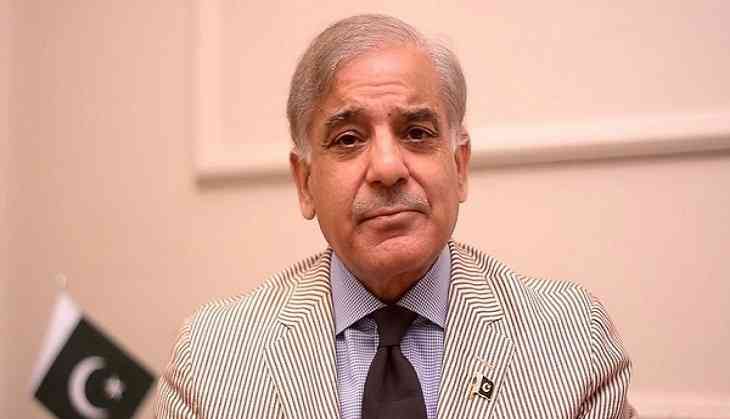
A faction of Pakistan Muslim League-Nawaz (PML-N) has shown its support for holding an immediate election in the country and expressed that if prices of petroleum products are hiked to meet the latest International Monetary Fund (IMF) demand it will dent the party's popularity among the masses.
This comes after the Fund rejected giving another tranche of loan to Pakistan while emphasizing the urgency of concrete policy actions including the removal of fuel and energy subsidies in the fiscal year 2023 budget, to achieve programme objectives.
This latest revelation is also a departure from PML-N and its allies' earlier announcement where they said that the current setup will complete its tenure till August 2023 and the general elections would be held at the stipulated time next year.
The PML-N leader added that accepting the IMF conditions will be an unpopular decision for the party. According to the sources in conversation with ARY News, the coalition partners of Prime Minister Shehbaz Sharif's government are gripped by confusion, however, the majority of the PML-N leaders have favoured the immediate organisation of the elections.
Sources of the media outlet also reveal that Shehbaz will hold meetings with the coalition partners for making a final decision in which budget recommendations will also be tabled.
The IMF rejected the USD 3 billion economic relief program for Pakistan and demanded that fuel subsidies must be removed.
The Fund pointed out that there are "deviations" on fiscal sides from the policies agreed upon in the last review. The Fund emphasized the urgency of concrete policy actions and including the context of removal the fuel and energy subsidies in the fiscal year 2023 budget, to achieve programme objectives.
The IMF statement indicates that the government would be taking prior actions in the federal budget for the fiscal year 2022-23. The revival of the stalled programme can be expected by end of July/August 2022.
(ANI)
Also Read: Sri Lankan President seeks international assistance to address economic crisis


